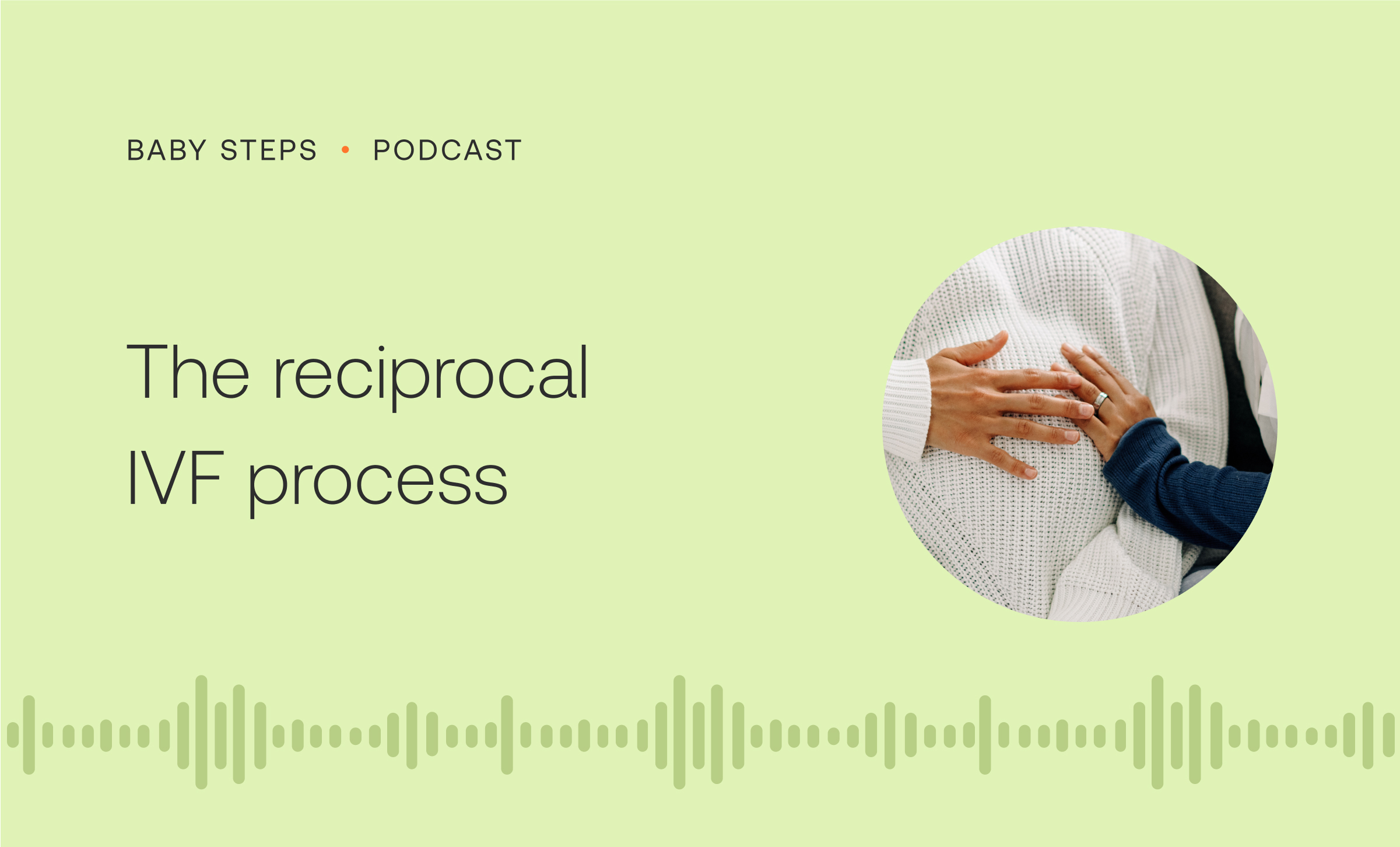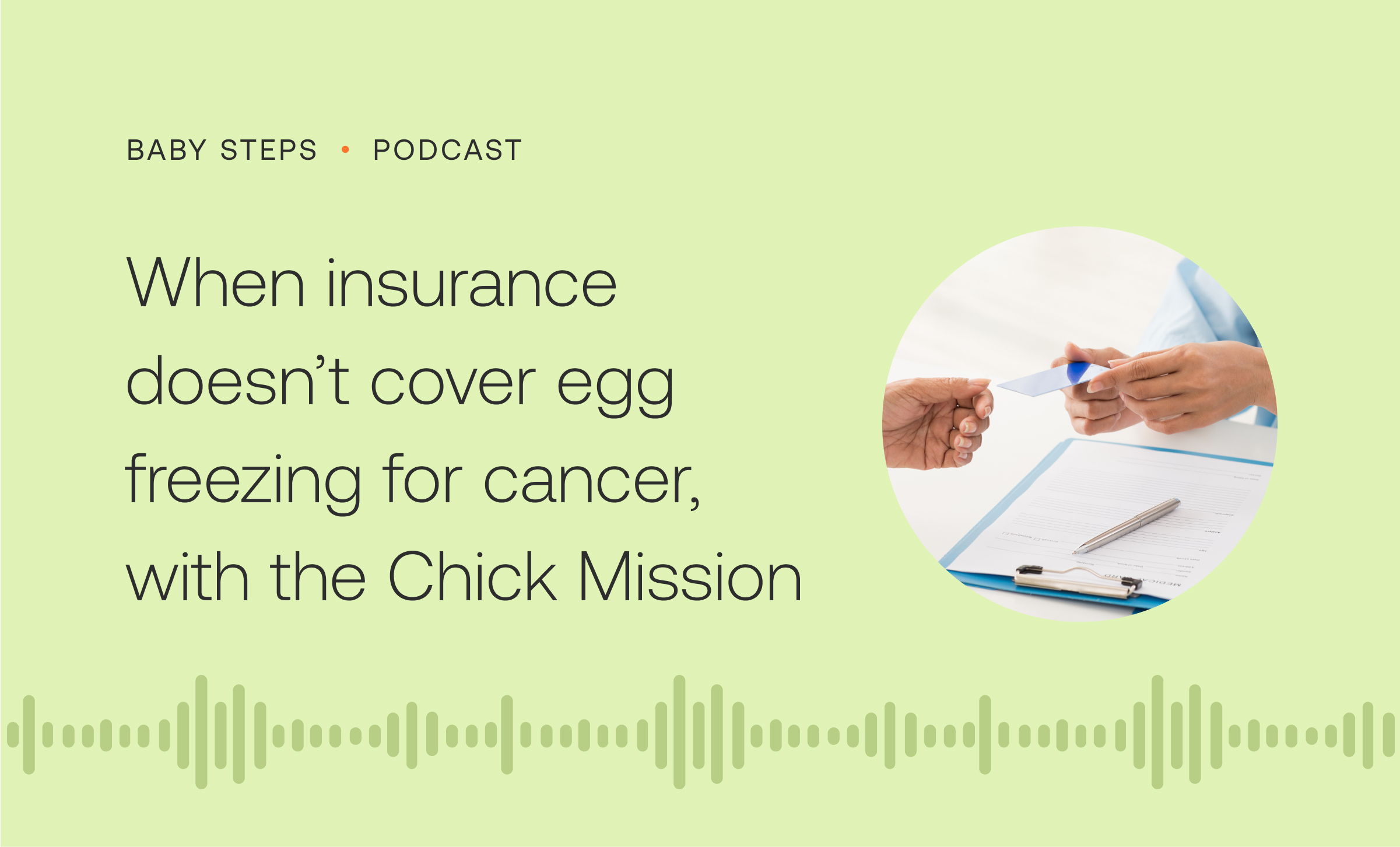Today’s global employers strive to reach benefits parity for their employees no matter where they live. But when it comes to fertility benefits, every country is different — which can make achieving this goal challenging. For example, in the Asia-Pacific and China (APAC) region, there are some similarities between countries, such as having some of the lowest birth rates in the world. But from India to Australia to Singapore, laws and regulations related to fertility care, as well as cultural acceptance of different journeys, vary significantly. Let’s take a look at some trends in fertility care across the APAC region and how Carrot supports members worldwide.
India
While historically, India did not regulate processes related to fertility care, in 2022, two laws that dramatically changed the fertility landscape in India went into effect. The first of these, the Assisted Reproductive Technology (Regulation) Act, 2021, regulates who is eligible for assisted reproductive technology (ART) treatment, establishes a registry for ART clinics, and regulates ART treatment procedures. The second law, the Surrogacy (Regulation) Act, 2021, focuses on regulating gestational surrogacy (GS) journeys. Under these new laws, commercial GS journeys are no longer legal. These regulations were introduced partly due to growing concerns around infertility rates and massive growth in ART clinics, with their expansion in India becoming among the highest in the world.
Clinics providing intrauterine insemination (IUI), ART, or medical care to GC services, must be approved by the National ART and Surrogacy Registry to operate legally. They must also enforce new age and marital status criteria. Carrot continues to monitor the updates on these laws so we can best support our members in India.
Taiwan
Despite having one of the lowest birth rates in the world, Taiwan has become a destination in Asia for those seeking family-forming services like egg freezing. Fertility preservation is legal in Taiwan regardless of marital status, unlike in several other locations in Asia that are only accessible for married couples. Women who freeze their eggs can also use them later, regardless of marital status. In July 2021, the government in Taiwan implemented a subsidy plan for ART to encourage more local married couples to undergo ART treatments. The subsidies are also available to transnational couples whose spouses hold a Taiwanese ID card. IVF cycles are also 60% cheaper than those in Hong Kong, the Philippines, and Singapore and 40% cheaper than in China.
Since implementing the subsidies, the success rates of single-embryo transfer (SET) and double embryo transfer (DET) have increased from 72.7% to 93.9%. Taiwan’s policy requires that women aged 35 or under can only undergo SET, while women older than 35 can choose a SET or a DET procedure. Experts in Taiwan have noted this process is medically safer and that they want to lower multiple births as much as possible. With a 97% SET rate for members, Carrot also directs members toward SET to decrease some risks that carrying multiples may bring. Our care navigation also provides financial and emotional support beyond those covered by government subsidies.
Singapore
While Singapore has some of the most comprehensive government policies to support and encourage fertility care within heterosexual marriage in Southeast Asia, the birth rate has been steadily declining since the 1980s due to a high cost of living and marrying later in life. Low birth rates can also beartly attributed to misconceptions surrounding fertility, like infertility being a female-only issue. Many also think IVF is the only option for family-forming, which is generally expensive and can be cost prohibitive for couples. Experts suspect that the recent push for awareness and the work advocacy groups will soon reverse these trends.
Singaporean residents with access to public healthcare can use subsidies at public hospitalsto make the process more affordable. Additionally, beginning in July 2023, Singapore now permits elective egg freezing for women aged 21-37 regardless of marital status. However, no public funding is available for elective eff freezing (including co-funding, Medisave or subsidies).
Carrot offers members in Singapore care navigation based on deep local expertise and employer-provided financial support for fertility testing, IUI, IVF, and more through Carrot-vetted providers.
Japan
Japan has one of the oldest populations in the world, and its birth rate has been on the decline for decades. Some contributing factors may be the rising cost of living, gender inequality, and the reluctance to marry. In recent years, the Japanese government has made a considerable effort to provide national coverage for fertility treatments by covering 70% of the cost of IVF for up to six cycles. Some local governments, particularly in rural areas, have agreed to cover the remaining 30% of the treatments to make these more accessible to all, regardless of cost.
Australia
According to current statistics, one in six Australian couples of reproductive age will likely encounter infertility. While Australia's national public health system, Medicare, covers the cost of some fertility treatments, such as IVF, others, such as elective egg freezing, are often not covered and Australians may look to private insurance for additional coverage for fertility care. Egg freezing may be covered for reasons related to medical necessity, such as before cancer treatment or gender-affirming surgery. In 2021, Australia saw inquiries about egg freezing hit an all-time high as the COVID-19 pandemic caused many approaching their mid-30s to rethink their fertility and aspirations to be parents. The average age of a person who freezes their eggs in Australia is 37, and they have ten years to use them after the freezing process. Carrot supports members in Australia who are on all types of journeys, from egg and sperm freezing to IVF as well as adoption and gestational surrogacy journeys, when legally allowed.
How Carrot supports APAC members
At Carrot, we provide access to family-forming resources to members in more than 170+ countries. Each is unique, and Carrot is a global solution that understands how to ensure the highest quality of care wherever they are. Every country has different rules, regulations, and customs, which can drastically affect access to care. In the APAC region specifically, we’re seeing more regulation to improve care and government support to boost low birth rates. Carrot stays up-to-date on these changes and ensures our members receive comprehensive, reliable care as they navigate their fertility journeys –– regardless of where they are in the world.
Ready to find a fertility benefit for your global team in the Asia-Pacific region? Get in contact today.













